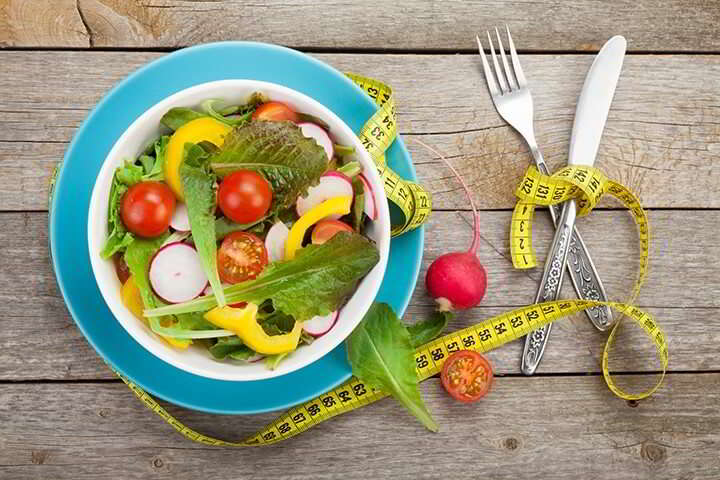

Most progress in IVF comes about as a result of painstaking research, but sometimes a chance observation is all it takes to boost success rates. In 2012 I was lecturing at a conference in the USA and got chatting to a doctor who said his team had been concerned that some of their young couples weren’t doing as well as they expected. He said there was a group of healthy young women (normal weight, non-smoking, nondiabetic, normal hormone levels etc.), who ‘just wasn’t getting pregnant’!
This group didn’t respond so well to the drugs; got fewer eggs, lower numbers of top quality embryos and fewer positive pregnancy tests. Those that did get pregnant had a higher miscarriage rate. So what was going wrong? The team asked them to keep a ‘food diary’ and found that although they were having the right number of calories per day (about 2000kcals is perfect for an active young woman), almost all their calories were coming from carbohydrates. They would have cereal and toast for breakfast, a sandwich for lunch, pasta for supper and their favourite snacks were crisps and biscuits. Over 75% of their daily calories were Carbs!
When we introduced this new dietary advice to Midland Fertility patients we saw an immediate effect. We started with the PCOS patients (who often needed help with weight loss) and found that the ‘low carb’ eating plan assisted their efforts to shed those stubborn pounds. We then started recommending it for all patients (and
encouraged their partners to join in as over-weight and obesity has been shown to reduce sperm quality too).
The ‘sperm cycle’ is about 70 days, so it takes over two months to see the benefit of lifestyle changes on sperm function. In just the same way, dietary and nutritional changes for women need to be started 2-3 months before a treatment cycle as the eggs we will be collecting for IVF or ICSI started developing three months before she even starts her treatment cycle drugs.
The sort of Fertility Nutrition plan we have been advocating has now been given a huge boost by the publication of a paper in Human Reproduction, one of the world’s leading medical journals, which claims that a ‘Mediterranean diet’ may help young women receiving IVF to boost their chances of achieving successful pregnancies.
The researchers, from a University in Athens, Greece, asked women about their diet before they underwent an IVF treatment and found that those who ate more fresh vegetables, fruit, whole grains, legumes, fish and olive oil and less red meat and simple carbohydrates had an almost doubled live birth rate compared to young women who ate the ‘poorest’ diet. The effect was not so clear for women aged over 35 years where other factors can influence IVF outcome.
Half of all women in the UK having IVF are 35 or under so wider knowledge about the role of good nutrition for fertility is vital. Granny always said ‘We are what we eat’.
Dr Gillian Lockwood FRCOG DPhil MA (Oxon).
Consultant, Reproductive Medicine




Comments are closed here.